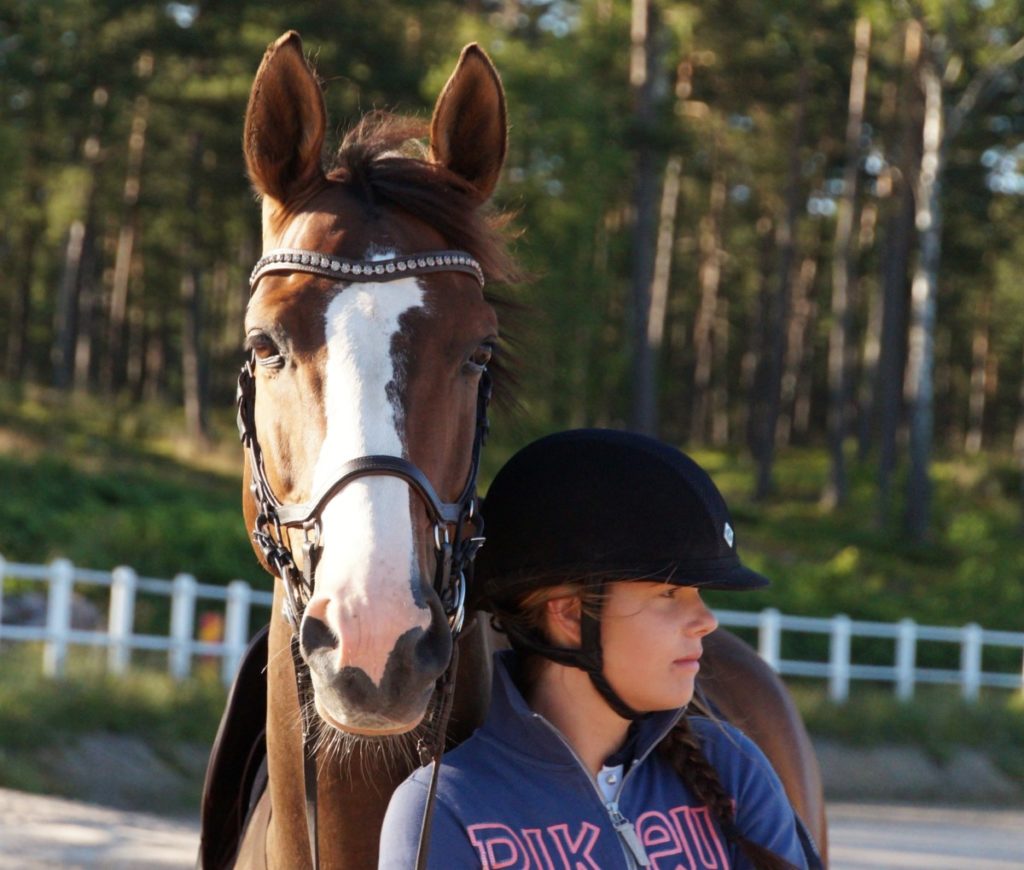Horse racing is a sport that relies heavily on the betting that goes on around it. With how many different organizations, occupations, people, and events center around horse racing and bettings, concerns over who is allowed to bet can often arise. Horse trainers especially have an incredible influence over the quality of a horse, and a common question that arises is whether or not they are allowed to bet.
Horse trainers, in most areas, are allowed to bet with one major exception. Trainers cannot bet that any other horse in the race will win. Additionally, trainers cannot lay their own horse, meaning that they cannot bet against them winning. If a bet from a trainer includes a winning horse prediction, that prediction must have the winning horse be theirs. Different regions and governing race bodies may have additional rules.
Horse trainers can bet on their horse for a variety of reasons, although some others involved in a horse race cannot. The rules differ for jockeys and owners as well. Additionally, the rules around betting on a specific racer rather than a horse can include some alternative things to think about as well.

Can Horse Trainers Bet On Racers?
Horse trainers are allowed to bet in any way except laying their horse. This means that they cannot bet against their horse winning. When horse betting occurs, the bet is placed on the combination horse and jockey, or rider – as such, horse trainers are still allowed to bet on racers with the same rules.
Betting on horse racing is done as a package deal per race. For instance, you may bet on one horse and rider to win one race – that is done as one bet. However, due to horse racing often having multiple events, jockeys can often switch horses between tracks. In cases such as this, trainers can bet on their rider or horse equally.
The rules specifically around betting on racers can change dramatically for different people involved in the horse racing industry. Owners, trainers, jockeys, and even support staff like veterinarians all have different rules for how betting can be done. All of these rules are meant to make horse betting honest and easy to parse so that no one feels they are getting cheated.
Due to this variety in rule sets, it is vital to know the difference for everyone at each level.
Can Jockeys Bet On A Race?
Jockeys are the horseriders during any official, sanctioned race. Due to how close they are to the action and their direct effect on the immediate race, they cannot place any bets. This is a universal rule that is largely accepted by everyone, although some question the rule’s original motives.
Due to the wealth disparity between jockeys and owners that existed for a long while in the sport of horse racing, many believe that riders are not allowed to bet due to classism that is embedded into the sport. In the early days, many owners and trainers believed jockeys to be from the lower class and as such more likely to throw a race for money. This is an obviously ridiculous notion through the modern lens, but it is possible that previous prejudice has played a role in the ways jockeys can bet.
More likely, however, is that riders cannot bet for competitive integrity. Due to their direct influence on a race, in the exact moments of the race, a rider can easily cause their horse to fall behind or influence another racer’s movement, stacking the odds in favor of an outside bet. To ensure that this does not happen, it is easiest to simply ban all riders from betting.
Possibly shocking, however, is that riders cannot bet on any race at all – even ones they have absolutely no part of. This small detail is more often fought against, as jockeys who cannot possibly have any influence over a part of a race have a strong argument for gaining the ability to bet.
Can Owners Bet On A Race?
Owners share very similar rules for betting as trainers. Due to their longterm, outside of the moment influences, owners can bet in any way they please outside of laying their own horse.
This is a somewhat controversial ruling to some, as an owner could theoretically bribe or threaten the jockey riding their horse or use any number of their connections to attempt to swing things in their favor. However, most horse racing governing bodies do not consider these to be things that happen. There has been little to no evidence of it happening, so their feelings on the matter seem fine for now, although it does call into question the lack of betting that jockeys are allowed to do.
However, most owners have little to no influence on their horse, especially in relation to how it races. This provides a strong argument that owners should be allowed to bet, as even if they wanted to it is unlikely they could influence a race anyway.

Why Can Horse Trainers Bet On Races?
Horse trainers retaining the ability to bet on races can certainly cause some questions to arise. Concerns about insider information, trainer influence, and other possible conflicts of interest quickly come to mind as reasons why trainers should be kept separate from the whole betting process.
With that said, the various governing bodies of horse racing have taken steps to ensure that trainers cannot utilize their more influential position to gain an unfair betting advantage. The British Horse Racing Authority, for instance, introduce the rule against laying your own horse in 2003 after an incident with an owner and trainer.
Due to how influential betting is on the horse racing industry, it is in the sport’s best interest to keep betting fair and fun. Constant vigilance about betting and rules for those involved with the horses is essential, as the sport is likely to dry up and fade away without the appeal of large bets. This influences trainers directly, as their main payday comes from training rather than betting.
The simple fact is that trainers do not have a significant influence on how a horse will do on a particular day or track. Even the most successful trainers only see a success rate of 25% for their horses, making any insider knowledge they have fairly useless. Unlike jockeys that have direct influence over the immediate event, a trainer’s influence is long term.
If a trainer is looking to make a quick buck by sabotaging their own horse, they will ultimately lose out in the long term. Their name will become unreliable and they will lose the large majority of their income. Additionally, the time spent with that horse will be wasted. The reasons a trainer would sabotage an event for a bet do not outweigh the reasons for them to be earnest in their endeavors, even if they had the ability to do so.
The spread of inside information is heavily monitored by various associations to level the betting field as well. For instance, riders cannot communicate with betting organizations at all in any way, with a few minor exceptions. Trainers and riders can, however, communicate with the media about their expectations and knowledge about a horse or race. This can influence the way bets are placed, but the conversations are meant to be kept casual.
The British Horse Racing Authority has fairly loose rules about information trading and communication but has a tendency to investigate repeat claims or offenses, keeping the sport generally honest.
Horse Betting Keeps Things Fun
Despite some lackadaisical rules, horse betting can generally be trusted to be safe and honest for all involved, and everyone involved has a vested interest in keeping it that way.
